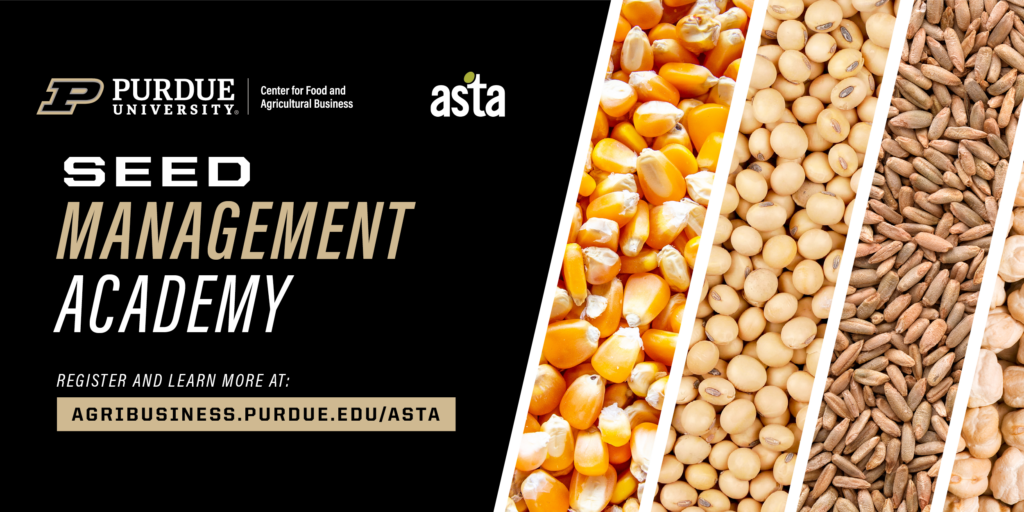 This guest post is authored by Brian C. Briggeman, Ph.D., Professor and Director of the Arthur Capper Cooperative Center, Department of Agricultural Economics, Kansas State University. Briggeman will be a presenter at the Purdue University Center for Food and Agricultural Business program titled Turning Trust to Loyalty in October 2017 and January 2018.
This guest post is authored by Brian C. Briggeman, Ph.D., Professor and Director of the Arthur Capper Cooperative Center, Department of Agricultural Economics, Kansas State University. Briggeman will be a presenter at the Purdue University Center for Food and Agricultural Business program titled Turning Trust to Loyalty in October 2017 and January 2018.
When it comes to conducting business, is there a more important word or concept than trust? Without trust, how likely is business to be conducted? The answer is fairly obvious: Not very likely at all!
Trust is extremely important in business relationships. Numerous books, trainings, blogs, and businesses spend a great deal of time helping employees better understand and develop trust with their customers. Yet, there are some agribusiness professionals and even CEOs out there who believe that building trust is straightforward. They will say, “All you need to be is credible and reliable, and boom! Trust is there and everything works great.”
But, is that true? Can trust be boiled down into two components? Should the sales staff work to be credible and reliable and that is it? Based on my trust research, the answer is an emphatic no.
Back in 2015, I worked with a graduate student to identify what farmers value in a trusted relationship. To do so, we surveyed nearly 200 farmers and they told us their general thoughts about trust, what they value, and more importantly, they told us how trust within a business relationship can be enhanced and improved. To my knowledge, this is the first type of trust research with farmers, and what is great is that these findings are directly applicable to industry.
While this blog post cannot delve into all of the research findings, I did state that trust is more than just being credible and reliable. So, why is that? What proof do I have from my research to convince you of this statement?
There is one key piece missing in defining trust as just being credible and reliable: focus on the customer. If a salesperson is credible, that simply applies the words they say. Basically, it means they know their stuff. If a salesperson is reliable, they deliver on their promises to the customer. But, if a salesperson walks in and tells the customer about their great product and how it can be delivered on time, is that enough? I mean, how do you know what the customer wants or needs or what their goals and objectives are?
In order to truly deepen trust within a business relationship, a salesperson must understand the customer. In my trust research, when given the choice, farmers will gravitate toward a salesperson who places more of the focus on the farmer and the operation. As some farmers have told me and others in my profession, the most trusted salespeople are those who focus on defining problems, then identify ways to fix those problems.
Now is the time to sharpen your trust-building skill set. And, what better way than learning what farmers really think when it comes to building trust?
Check out our upcoming programs and exceed your professional development goals! Position yourself to excel in your career by attending one of our professional development workshops. Each educational program focuses on different business topics and concepts related to the agribusiness industry you serve, including: marketing, sales, finance, talent management and strategy. Not sure which one is right for you? Let’s chat!
:



